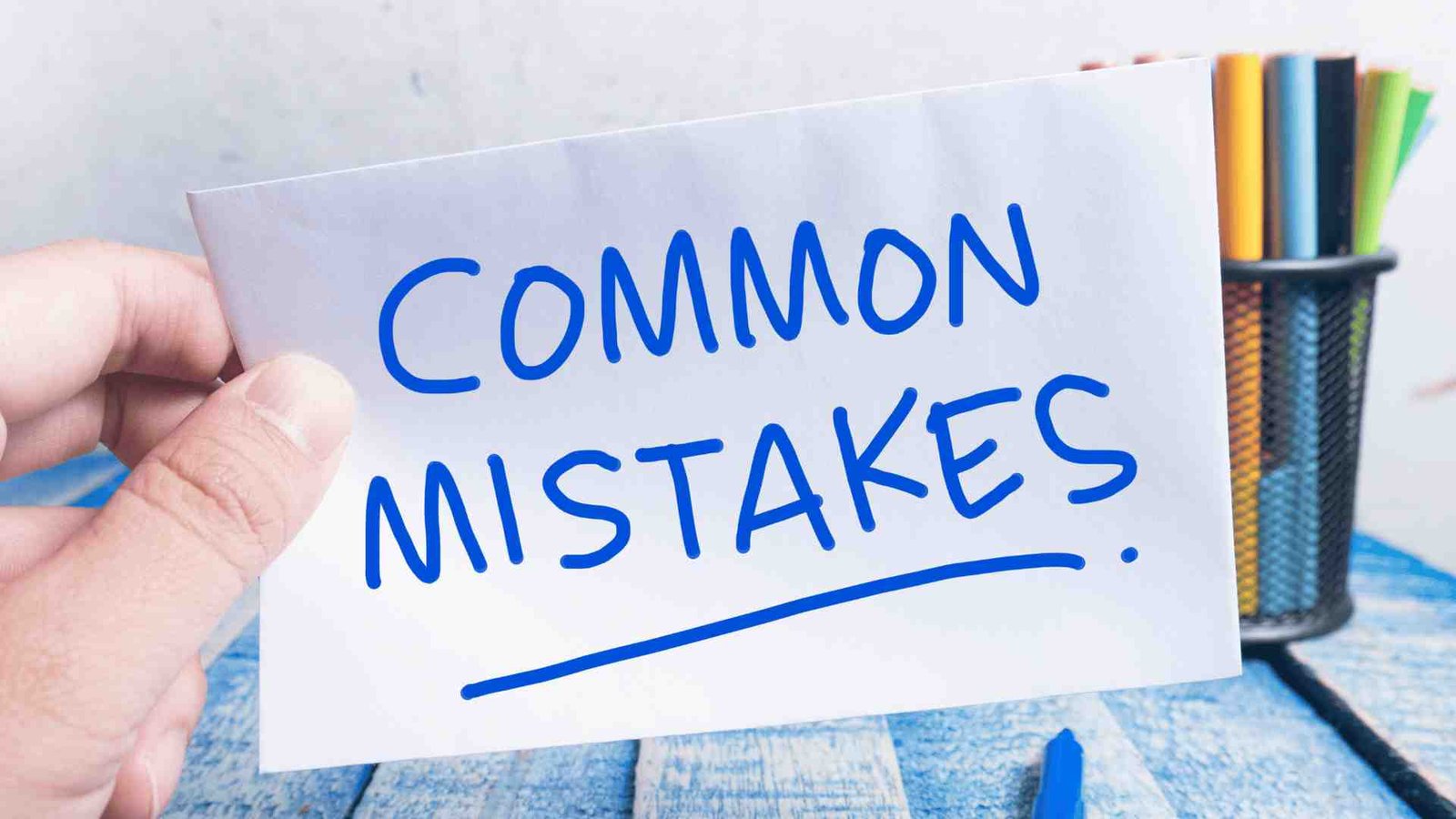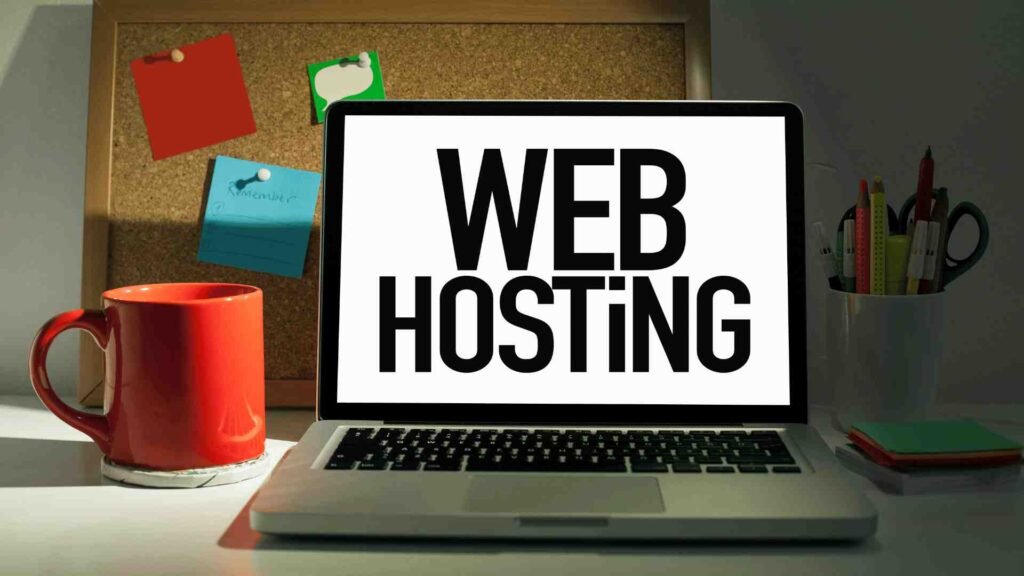
Avoid These 5 Common Web Hosting Mistakes for a Successful Website

When it comes to web hosting, mistakes are inevitable. However, learning from others’ errors can help you avoid common pitfalls and streamline your online presence. Here, we’ll explore five common web hosting mistakes and how to avoid them.
1. Overloading Your Web Pages
One of the most frequent technical mistakes is cramming too much information, photographs, and images onto each web page. This practice can severely slow down your site’s load time, leading to visitors abandoning your site before it even loads. A slow website can also harm your search engine rankings, as speed is a critical factor for SEO. Instead, aim for a clean, organized layout that prioritizes essential content and ensures a quick load time.
- Prioritize essential content.
- Optimize images for web use.
- Keep the layout clean and organized.
- Test your site’s load time regularly.
2. Ignoring SEO Best Practices
Creating a website that isn’t search engine friendly is another common error. If search engines can’t easily understand what your site is about, they won’t direct traffic to it. This mistake can be avoided by implementing SEO best practices, such as using relevant keywords, creating high-quality content, and ensuring your site is easily navigable. Proper SEO helps search engines index your site correctly, improving your visibility and attracting the right audience.
- Use relevant keywords in your content.
- Ensure your site is easily navigable.
- Create high-quality, valuable content.
- Optimize meta tags and descriptions.
3. Choosing a Host Based Solely on Price
While it’s tempting to go for the cheapest web hosting option, this can be a significant mistake, especially as your site grows. Low-cost hosts often come with limitations that can affect your site’s performance and scalability. It’s crucial to consider factors like uptime guarantees, customer support, and scalability options when choosing a host. Investing in a reliable host can save you headaches and provide a better experience for your visitors.
- Consider uptime guarantees and customer support.
- Evaluate scalability options for future growth.
- Research and compare hosting providers.
- Invest in a host that meets your needs and budget.
4. Lacking a Clear Purpose and Target Market
On the business side, one of the biggest mistakes is trying to appeal to everyone. Your website should have a clear purpose and a defined target market. Without a focused plan, your site can become a jumbled mess that doesn’t effectively serve any audience. Determine your target market, create content that appeals to them, and advertise in places where they are likely to see it. Staying focused helps build a strong, loyal audience.
- Define your website’s purpose.
- Identify and understand your target market.
- Create content tailored to your audience.
- Advertise where your target market is active.
5. Mimicking Competitors Too Closely
While it’s important to monitor your competition, copying everything they do will leave you perpetually one step behind. Instead, use your creativity to develop unique strategies that set your site apart. Differentiate your brand by offering something your competitors don’t, whether it’s unique content, better user experience, or exceptional customer service. Standing out in the crowded online market is key to long-term success.
- Monitor competitors to understand market trends.
- Develop unique strategies and content.
- Focus on offering a better user experience.
- Highlight what makes your brand unique.
By avoiding these common web hosting mistakes, you can create a more effective, user-friendly, and successful website. Remember, the goal is to learn from others’ errors and continuously improve your site to meet the needs of your audience.
Make sure your website is attractive and user-friendly, as this will increase the likelihood of other sites wanting to link to you. Keep working at it, and you’ll achieve link popularity success!
Related Articles
Frequently Asked Questions
When choosing a web host, consider factors such as uptime guarantees, customer support, scalability options, and overall reliability. Don’t choose a host based solely on price; instead, look for a balance between cost and quality of service.
To improve your website’s load time, prioritize essential content, optimize images for web use, maintain a clean and organized layout, and regularly test your site’s load speed. Avoid cramming too much information or media onto a single page.
SEO is crucial because it helps search engines understand what your site is about, which in turn improves your visibility and attracts the right audience. Implementing SEO best practices, like using relevant keywords and creating high-quality content, can drive more organic traffic to your site.

VAIBHAV GUPTA
DIGITAL MARKETER
I’m Vaibhav Gupta the founder of DCampaign Marketing. I’m having experience for more than 4 year in the field of digital marketing as well blogging.




